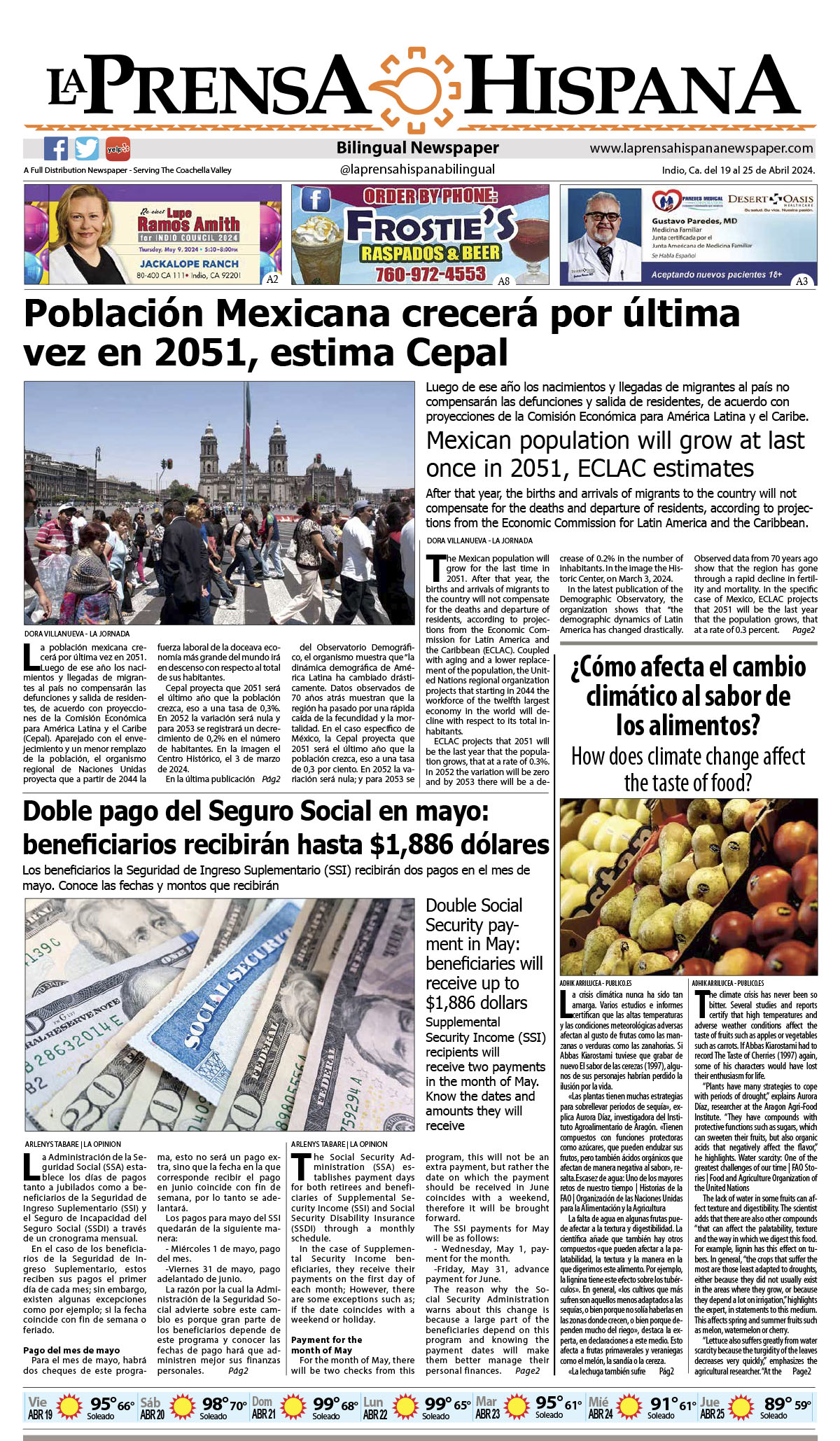
Redes Sociales
Social Networks
Cuando en 1964 Marshall McLuhan lanzó la frase “el medio es el mensaje” el mundo digital aun no existía. Internet recién apareció en 1991 y seis años después, 1997, surgía la primera red social: sixdegrees. Sin embargo, su frase es tan real hoy como lo fue en su momento. Expliquemos por qué.
Internet nació bajo un concepto descentralizado y, por esto, despertó grandes esperanzas de que sería el paraíso de la libertad. Muchos se crearon una página web, casi sin costo, para dar su mensaje al mundo entero.
Pero, poco después, la era de las páginas web dio paso a la era de las redes sociales. Ahora, las personas no sólo podían recibir mensajes, sino que podían responderlos en igualdad de condiciones. Todos se convirtieron en editores-receptores y el mundo digital llegó a ser el espacio de la conversación mundial.
Pocos notaron, entonces, que las redes sociales, conforme crecían, se transformaban en “jardines amurallados” que concentraban la conversación en unos pocos dueños, y que esto les permitía imponer sus condiciones de uso, registro, almacenamiento y hasta negociado de todos los contenidos que guardaban. La gente lo aceptó porque, aparentemente, el servicio era gratis.
Sin embargo, esto nos ha llevado a una distopía. Las redes sociales de hoy reúnen más personas, información y poder que muchos países juntos, y su tecnología les permite manipular la forma como llega esta información a sus destinatarios. Se han convertido en una especie de neo-comunidades o neo-sociedades multinacionales de gobierno monárquico donde el CEO funge de rey. Los gobiernos tradicionales recién despiertan a esta realidad.
En Estados Unidos la famosa “sección 230” eximió a las compañías de toda responsabilidad por las publicaciones de sus usuarios sin anticipar que estas “plataformas” se alejarían de la neutralidad que esto implica.
Hoy las “Big tech” tienen ejércitos de “censores de contenido” que filtran todo aquello que trascienda los intereses de la compañía o de su línea política e ideológica. Manejar inmensas cantidades de datos les otorga un poder inconmensurable. Con sólo cambiar sus algoritmos de distribución promueven o suprimen contenidos silenciosamente, o los censuran abiertamente bloqueando cuentas de “disidentes” (en muchos casos, conservadores y patriotas).
Ellos no producen la información, pero la controlan. No son el mensaje, pero son el medio por el que transita, y esto hace que decidan lo que la gente puede consumir. Las redes sociales (el medio) son ahora, más que nunca, el mensaje.
Social Networks
When Marshall McLuhan launched the phrase “the medium is the message” in 1964, the digital world did not yet exist. The Internet only appeared in 1991 and six years later, 1997, the first social network emerged: sixdegrees. However, his phrase is as real today as it was in its time. Let us explain why.
The Internet was born under a decentralized concept and, for this reason, it aroused great hopes that it would be the paradise of freedom. Many created a web page, almost free of charge, to give their message to the whole world.
But soon after, the age of web pages gave way to the age of social media. Now, people could not only receive messages, but they could also reply to them on equal terms. They all became publisher-receivers, and the digital world became the space of global conversation.
Few noticed, then, that social networks, as they grew, were transformed into “walled gardens” that concentrated the conversation on a few owners, and that this allowed them to impose their conditions of use, registration, storage and even negotiation of all content that they kept. People accepted it because apparently the service was free.
However, this has led to a dystopia. Today’s social networks bring together more people, information, and power than many countries put together, and their technology allows them to manipulate the way this information reaches its recipients. They have become a kind of neo-communities or neo-multinational societies of monarchical government where the CEO acts as king. Traditional governments have just awakened to this reality.
In the United States, the famous “section 230” exempted companies from all responsibility for their users’ publications without anticipating that these “platforms” would move away from the neutrality that this implies.
Today the “Big Tech” have armies of “content censors” that filter everything that transcends the interests of the company or its political and ideological line. Handling huge amounts of data gives them immeasurable power. By simply changing their distribution algorithms, they silently promote or suppress content, or openly censor it by blocking accounts of “dissidents” (in many cases, conservatives and patriots).
They don’t produce the information, but they control it. They are not the message, but they are the medium through which it travels, and this makes them decide what people can consume. Social networks (the medium) are now, more than ever, the message.

























